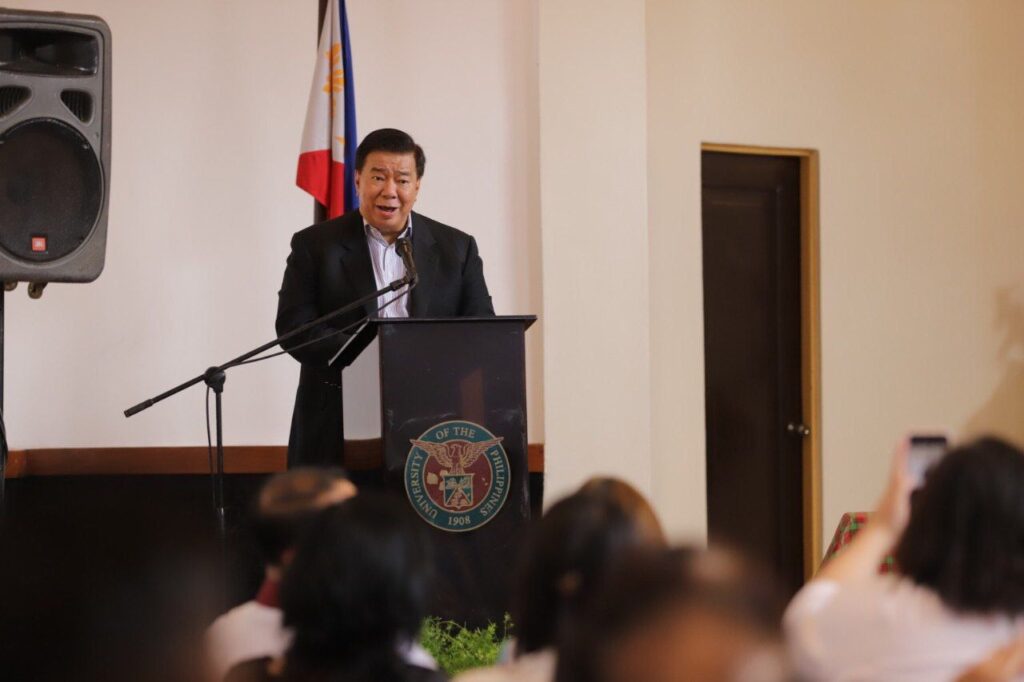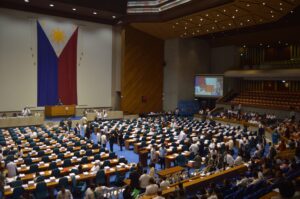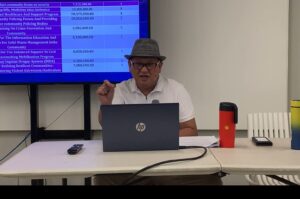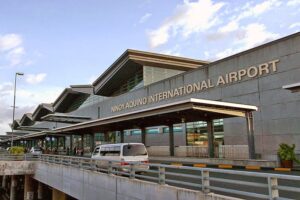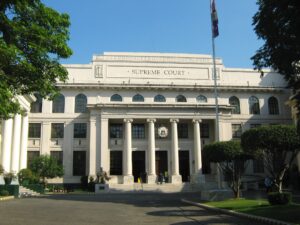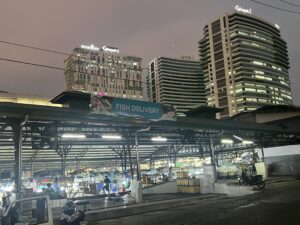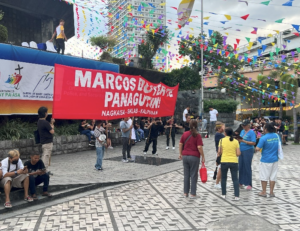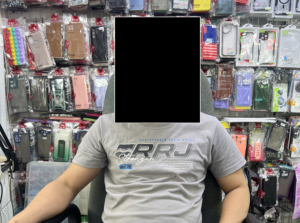Former Senate President Franklin Drilon urged President Ferdinand Marcos Jr. to classify all Congress-introduced amendments in the 2025 General Appropriations Act as “For Later Release” (FLR) to protect billions of pesos from being used for elections.
Drilon made the proposal as he noticed that Marcos’ vetoes of some items in the 2025 national were largely “cosmetic,” as they barely touched the “pork barrels” of legislations, principally lodged in the bloated budget of the Department of Public Works and Highway (DPWH).
“Sa aking tingin, ang hindi naayos yung pork barrel ng mga kongresista. Malaki pa rin po ang pork barrel na naiwan sa GAA,” Drilon said in a radio interview. “Walang masyadong pagbabago. Malaki pa rin ang pork barrel sa DPWH.”
“The 2025 budget is considered an election year budget. Hence, we must be vigilant. The budget should not be a tool in aid of the 2025 elections,” Drilon said in a separate statement on New Year’s Day.
“The President should put all Congress-introduced amendments that fall under what we call ‘pork barrel’ into FLR. This is to prevent the budget from being perceived as a tool for election-related spending,” he stressed.
Drilon said his proposal aims to protect the budget from being perceived as a tool for election purposes and ensure compliance with the Omnibus Election Code.
The Omnibus Election Code prohibits the release, disbursement, or expenditure of public funds for public works, as well as the delivery of construction materials, starting March 28, 2025—45 days before Election Day.
The FLR mechanism is a practice implemented by the Department of Budget and Management (DBM) during the previous administration. Under this approach, Congress-introduced amendments that are not part of the President’s National Expenditure Program (NEP) are classified as FLR, requiring compliance with specific conditions before funds are released.
By subjecting Congress-introduced amendments to the FLR classification, Drilon argues, the public will be assured that government funds will not be used as leverage for election purposes.
This as Drilon pointed out that while ₱26 billion worth of DPWH projects were vetoed, leaving a total of P263.9 billion in congressional insertions, the overall amount of insertions across the budget remains significant at P347 billion.
Drilon tagged the President’s vetoing of P168 billion in Unprogrammed Fund (UF) allocations, as “cosmetic” since these standby appropriations lack funding unless additional revenues are generated.
“The veto of unprogrammed activities is a cosmetic, more than anything else, as the unprogrammed activities and projects are not supported by programmed revenues,” Drion had earlier said.
With only P26 billion reverted to the Treasury, that means only that amount is available to restore the funding of de-funded projects in the National Expenditure Program (NEP), according to Drilon said, adding that this leaves key programs like the P74.4 billion subsidy for PhilHealth and the P50 billion for the 4Ps unlikely to be restored.
“It also means that the pork insertions are generally intact,” he added.
“The veto of unprogrammed activities will not create a source of financing for de-funded projects like the PhilHealth subsidy. These projects remain unfunded and will likely have to wait until the 2026 budget,” he explained. “How will the real priority projects get funded? If they are still in the Unprogrammed Fund, they may get funded only if the government generates new taxes or collects excess revenues—an unlikely scenario.”

